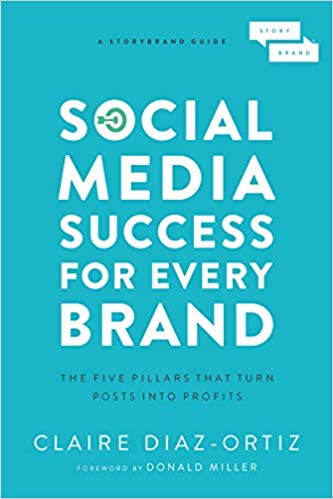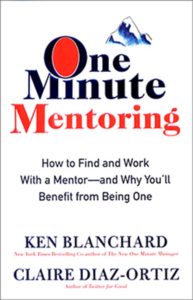This month I had a couple hard conversations. They were not fun, and not something I looked forward to with great joy. Instead, as the hours ticked down to their kick-off time I was mostly shaking in my flip-flops and desperately trying to distract myself with any and all online nonsense to stop thinking about their impending doom.
Although some folks are great at having hard conversations, and thrill at them in the way I thrill at bulletproof coffee, most of us are not so equipped. Instead, most of us spend more time than not in the sandal-shaking state of mind.
Now, these conversations I had to have did not go splendidly — by any stretch of the imagination. First, they were hard (duh). Second, I made lots of mistakes and slapped myself upside the head more than once for not saying a few key things I wanted to say, and for saying other things I didn’t want to. But the conversations did go better than lots of hard conversations I’ve had in the past, and I believe there are a few key reasons for that.
Here’s what I did this time around to make them more successful than other hard conversations in my past:
I Wrote Stuff Down:
Before I even got the conversation on my calendar (yes, that happened), I sat down with my journal and thought about what I was going to say, and how I was going to say it. I even – and this is key – wrote out a couple key phrases. For days, I could be seen talking to myself on my morning run as I said – out loud – these choice items. If you’re having a phone conversation you can easily remind yourself of such phrases during the conversation, but if you’re going to talk in person this is unfortunately a memory game. Know though, it’s worth it.
I Practiced:
Got a therapist? Got a coach? Got a mentor? Got a friend? These are fabulous people to practice a conversation with. I hadn’t done much of this before, but did do it this time for one of the conversations and I found it unbelievably helpful. Obviously your friend isn’t going to say exactly what your hard-conversation-partner will, but they can get close, and can help you think more about the types of responses you might confront. I also find this way more powerful than the talk-to-the-mirror trick, which is something I’ve done a lot of in the past, with limited success.
I Laid the Groundwork:
In one such conversation – a personal one — I had written my friend beforehand to give a heads up to some of the upcoming content. Aside from likely helping her out, this also helped me feel that we had set the stage. As I’ve experienced in the past, hard conversations can often be way worse if you have no idea they’re coming. (i.e. You go to brunch with your boyfriend thinking you’ll be discussing your engagement party and it turns out it’s time to de-friend each other on Facebook.)
Ultimately, these conversations weren’t a piece of cake, but they did go better than I had anticipated, and did make me realize of the importance of going about such conversations with intention. In the past, I’ve often had the mindset of wanting to get things over with, and so have dived in without preparation. Suffice it to say, this hasn’t worked well for me.
This time, laying the groundwork did.
Have you tried any of these tactics – or others – when you have had to have a hard conversation in your life? Got any upcoming conversations you could be more intentional about?





Here’s what I do, via advice from a businesswoman friend: I place a picture of someone I love in full view because gazing at it as you have the conversation softens your demeanor. I stand and walk because it helps discharge energy. (This is all assuming the conversation is via phone, and not on video.) And I write out the main things I want to say in large bold letters and lay it out on the table so I don’t forget or get distracted or wimp out; at the very worst, I can just read it. Sometimes I even anticipate what the other person will say and how I’ll respond. Oh, and I put everything in a compliment sandwich, starting and ending with something not only nice but sincere.
I did a role play with my sister for a conversation I was nervous about. When I went to make the call, it turned out to be a lot easier than I expected. It was also a lot shorter than I expected. Goes to show, sometimes things are worst in our heads than in reality.
I like your tip about setting the stage. I’ve definitely been guilty of not doing so and wish I had in hindsight.
Great post! The last time I had a really hard work conversation, I found it helpful to put the issues in the middle of the “space” between us and make the points less personal, and therefore painful. I found I was able to simply talk about what I was observing and seeing without having to feel it as we talked about it. I believe it helped me get my points across and not get too emotional in the process.